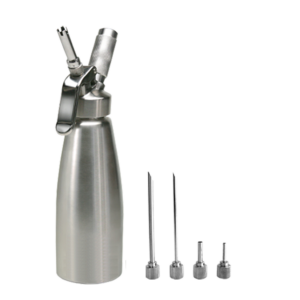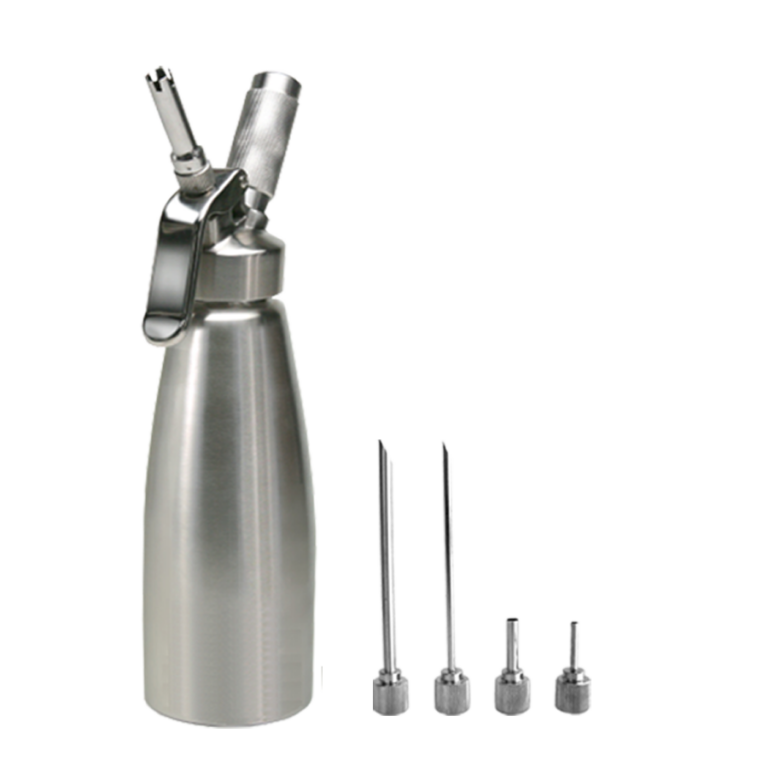Taking care of yourself should be a top priority. Dedicate time each day for activities that promote self-care, such as taking a warm bath, reading a book, practicing a hobby, or simply enjoying a cup of tea. It’s essential to make self-care a non-negotiable part of your routine. Mindfulness and meditation can help calm the mind and reduce stress. Set aside a few minutes daily to sit quietly and focus on your breath. This simple practice can bring peace and clarity to your day.
Maintain a Balanced Diet
What we eat has a direct impact on our physical and mental well-being. Aim to consume a balanced diet of fruits, vegetables, whole grains, and lean proteins. Avoid excessively processed foods and sugary snacks, which can contribute to mood swings and low energy levels.
Engage in Regular Exercise
Exercise not only keeps your body fit but also positively impacts your mental health. Find an activity you enjoy, whether jogging, dancing, yoga, or swimming, and incorporate it into your routine. Regular exercise releases endorphins, which are natural mood boosters.
Get Sufficient Sleep
Adequate sleep is essential for a calmer and healthier you. Create a relaxing bedtime routine and ensure you get the recommended 7-8 hours of sleep each night. Make your sleep environment comfortable and free from distractions to promote quality rest.
Establish Healthy Boundaries
Setting boundaries is crucial for maintaining your well-being. Learn to say no to commitments that overwhelm you and prioritize activities that bring you joy and fulfillment. Respect your own limitations and communicate them clearly to others.

Disconnect from Technology
Constant exposure to technology can contribute to stress and anxiety. Take regular breaks from screens and engage in activities that allow you to disconnect and unwind. Spend time in nature, read a book, or engage in face-to-face interactions with loved ones.
Cultivate Gratitude
Practicing gratitude has a profound effect on our overall well-being. Take a few minutes each day to reflect on things you are grateful for. This simple practice can shift your focus from negativity to positivity and enhance your emotional resilience.
Embrace Stress-Relieving Activities
Find activities that help you relax and relieve stress. This could include listening to calming music, engaging in art therapy, practicing deep breathing exercises, or spending time with a beloved pet. Experiment with different activities and identify what works best for you.
Seek Support from Others
It’s important to reach out to others when you need support. Share your feelings and concerns with trusted friends, family members, or a therapist. Talking about your challenges can provide relief and offer valuable perspectives.











